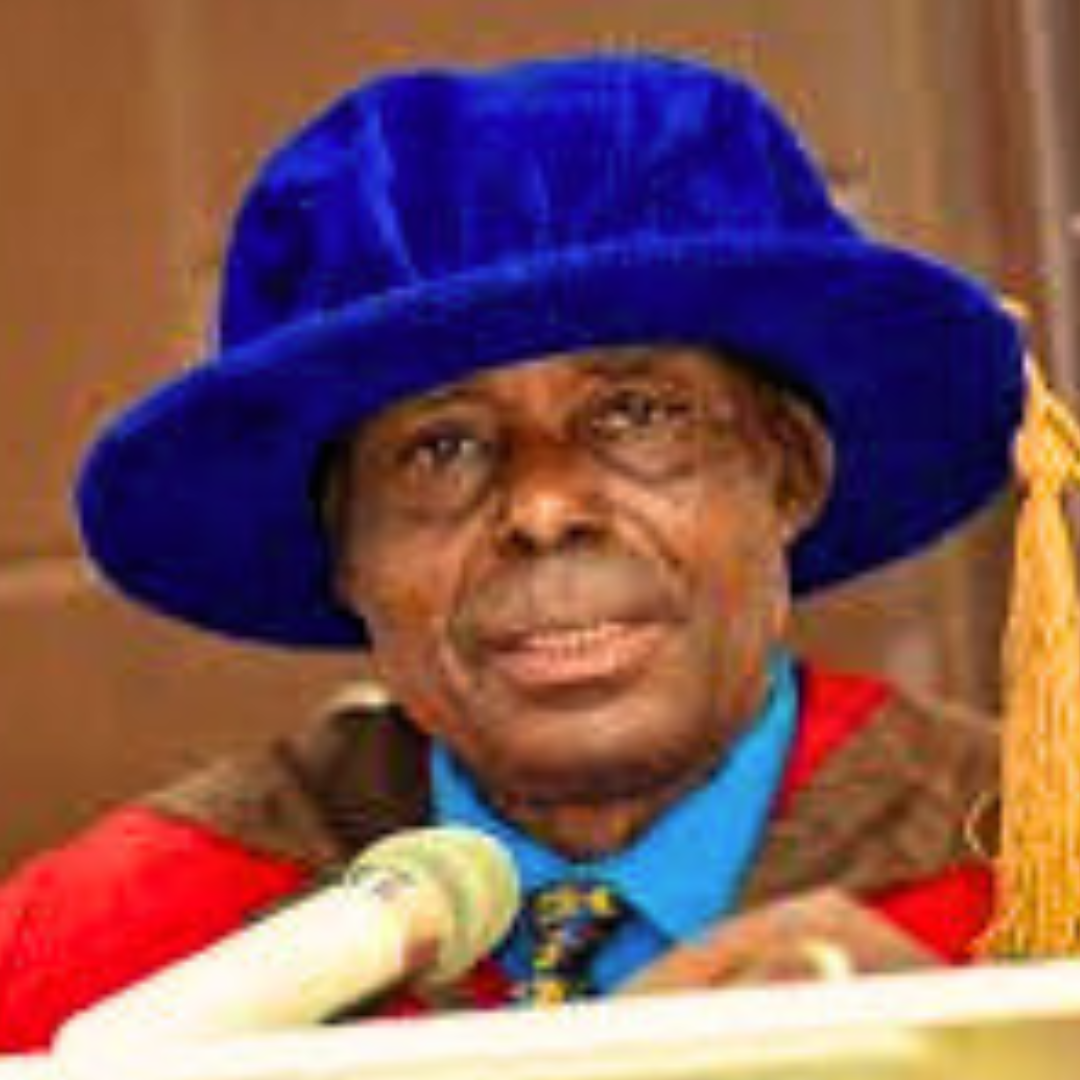
THE ONTOLOGY AND EPISTEMOLOGY OF THE SUPREME CREATOR
Ontology is the branch of metaphysics dealing with the nature of being, while epistemology is the theory of knowledge as proof of being. In other words, while ontology is the science of being, epistemology is the science of knowledge of being. The reality of being and the logical proof of being are mutually exclusive, as one’s knowledge or ignorance of being does not vitiate the reality of being. In plain language, the fact that one is not aware of the existence of something does not stop the existence of that thing. That one does not believe in the Supreme Creator does not interfere with the reality that the Supreme Creator exists; the reality of God’s existence (ontology) is separate from the knowledge of His existence (epistemology).
Does God truly exist? This, indeed, is a loaded question that should be handled with utmost circumspection, at the risk of being branded a sacrilegious atheist. The fact that God is invisible does not support the fact of His non-existence. Most things that exist in reality - the air, the myriads of disease-carrying bacteria, and micro-organisms - are not visible to the naked eye. If you stumble upon an old wristwatch on the ground, the fact that the maker is unknown does not disprove the existence of the maker; somebody, somewhere, at some time, had put it together. The wristwatch could not have made itself. The entire physical world - the planetary system, the sun, the moon, the stars, the oceans, the mountain ranges, and the alternating day and night - is too enormous and too complex to be on auto-creation and autopilot.
There is certainly a supreme force behind it all. The human being is the greatest proof of the existence of God. Even if you disbelieve the Biblical creation story, the evolutionary theory itself does not hold water because the first set of creatures must have been created before the evolutionary process can commence. Nothing can evolve from nothing. The first ape, from which the human element presumably evolved, must have been deliberately created. But the human being is easily the most incomprehensible creature that has become a creator in his own right, engaged in a whole series of co-creation and artistic creativity. So, he is the most convincing evidence of the existence of the Supreme Creator from the ontological perspective.
The epistemology of God is traced from the known to the unknown. Since the reality of His existence has been proved beyond doubt, the knowledge of His existence is a matter of logical conjecture. The earth, the sky, the oceans, and all they contain have been created by God and put under the control of man, who has been created male and female. That bisexual arrangement ensures that creation continues through procreation under the social contract called marriage, which is formalized in man but left loose with the lower animals who engage in the natural process of reproduction. Thus, the combination of philosophy and psychology is needed in the analysis of God’s epistemology.
Religion has been in the forefront of the search for the omnipotent, omniscient, and omnipresent God. The traditional religion, practiced by our forebears, recognizes the existence of many powerful beings in a polytheistic system without one supreme creature being in overall charge of human affairs. This notion has been replaced with the monotheistic concept of one Supreme Being, the God of all gods, the knowledge of whom came through colonization. That Supreme Authority is known under a variety of names, and is worshipped and adored through different religious methodologies that define the nature of each religion, whether Christianity or Islam. Each of these religious outfits has split into several factions and sects that make for the multiplicity of forms under one Supreme Power. Today, the Catholic Church remains the foundation of the Christian religion, and the only Church that is truly universal in scope and doctrine.
After several years of doctrinal worship, the issue of God’s existence is no longer in contention, in view of the variety of ways by which He has continued to manifest Himself to His people. The Epiphany and the accepted reality of God, continue interminably from one religious outfit into the next. The one incontrovertible fact is that the entire universe is under one central command, put into place through a self-regenerative and self-propelling system that ensures order and continuity. By worshipping God, we are merely doing ourselves great favour. For sure, God does not need anybody’s recognition, praise, or worship to exist; He is perfectly capable of raising up stones to do His bidding if human beings choose to ignore Him (Matthew 3:9; Luke 19:40). The incontrovertible reality is that God was, God is, and God will ever be, regardless of what anybody thinks about that.



Leave a Comment